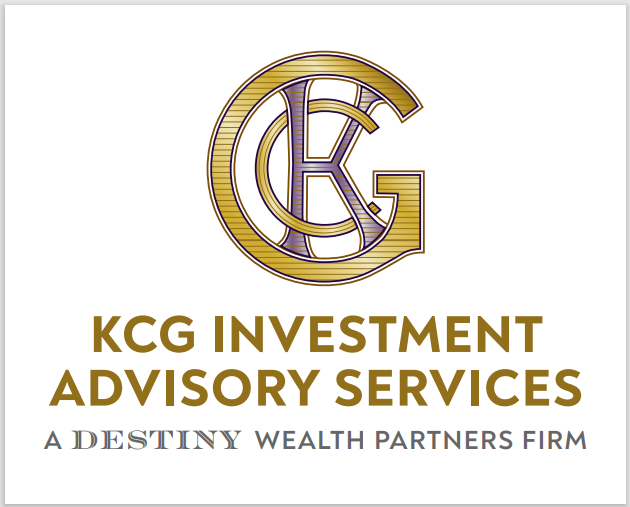
KCG Investment Advisory Services
Kimberly Good
315 Commercial Drive, Suite C1
Savannah, GA 31416
912.224.3069
Many individuals and families have built significant wealth by forming good habits, being strategic and disciplined, and having the right mindset, dedication, and a willingness to do the hard work to grow and preserve their wealth.
Opportunities are all around us to learn from and emulate the positive habits of others. So, what do high-net-worth and ultra-high-net-worth individuals know that can help you to develop better practices? What have they learned along the way about achieving financial prosperity?
Following are seven smart financial habits that have stood the test of time. They can and should be passed down to help your children develop the discipline and practices they will need to grow and preserve their own wealth.
- Don’t Leave Money Sitting Idle
Building true wealth requires not letting your money sit in savings beyond what is necessary; Investing in assets (traditional stocks & bonds, alternative investments, new businesses) which are designed to generate income and grow in value over time.
Financially successful people often have a disciplined process to invest a portion of their ongoing income. Prioritizing this habit as part of your financial planning can be crucial to achieving your financial goals for the future. By resisting your short-term desire to over-consume, you and your family will be able to reap the longer-term benefits associated with real wealth accumulation and preservation.
- Avoid Debt?
It may seem obvious that dodging debt can help you financially, as opposed to wasting money paying interest on credit cards or even car loans. However, not all debt is bad debt and some good debt can be a significant tool for building wealth.
Mortgages can be considered good debt, as can loans to purchase a business or significant real estate.
Why?
- This allows them to keep their capital in their investments, which are ideally earning them additional returns.
- Good debt would generally have a lower interest rate than the resulting tax liability from liquidating an investment.
- Debt is one thing that doesn’t adjust for inflation. With even moderate inflation, this debt is devalued over time, making that borrowed money even cheaper to borrow in terms of real money than the interest rate indicates. If you know you can lock in a lower rate for a longer term, and rates are increasing with inflation, the borrowed money becomes less expensive over time.
- Leverage is the strategy of using borrowed money to increase investment power. An investor borrows money to make an investment, and the investment’s gains are used to pay back the loan. Leverage can magnify potential returns, but it also amplifies potential losses.
3. Diversify Your Investments
Not putting all your ‘nest eggs’ in one basket, so to speak, can help you minimize your risk, and potentially maximize your financial success, as well. While many alternative investments are earmarked only for accredited investors (who have at least $1 million in investable assets, net of their primary residence), or qualified purchasers (who have at least $5 million in investable assets, net of their primary residence), there are many liquid alternative options available to the “mass affluent”. It has become a trend to include some of these options in almost all portfolios.
Alternative investments can serve the purpose of reducing risk and/or maximizing returns. Keep in mind that while some may have higher risk, the opportunity for a larger return on investment is also usually higher. It’s particularly important to do your due diligence and to work with professionals who have deep research capabilities to help guide you.